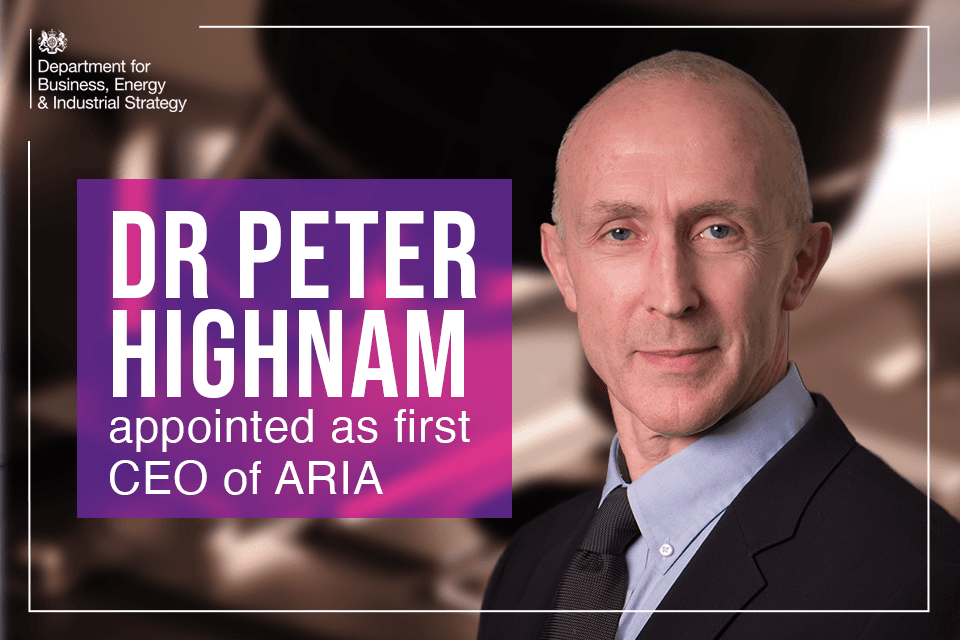Former DARPA Leader Kathleen Fisher Chosen to Head Aria
Kathleen Fisher, a computer scientist and former senior leader at the US Defence Advanced Research Projects Agency, has been named the next chief executive of the Advanced Research and Invention Agency. Her appointment signals a deepening of transatlantic ties in experimental research funding and raises questions about priorities, oversight, and the future direction of UK innovation.

The Advanced Research and Invention Agency announced on November 19, 2025 that Kathleen Fisher will become its next chief executive. Fisher, a computer scientist who previously served as a senior leader at the US Defence Advanced Research Projects Agency, will be the second American to take the helm of the UK agency.
Aria was created to support ambitious early stage projects that existing funding structures do not typically back. Fisher’s selection brings to the agency a leadership profile shaped by work at an organization known for pursuing bold technological advances and rapid prototyping. Her background promises to influence the agency’s appetite for projects that cross boundaries between commercial innovation, foundational science, and national security relevance.
Observers say Fisher’s appointment is likely to accelerate collaborations between UK institutions and US research and industry partners. Her experience at a major US research agency may attract teams accustomed to a different tempo of funding and program management. That could translate into an emphasis on fast moving, iterative projects and stronger links to private sector development, including companies working on artificial intelligence, advanced systems engineering, and computing infrastructure.
The choice also intensifies debate about governance and accountability for public money used to support ambitious technological bets. Aria’s mandate to fund high risk and high reward work has provoked questions from parliamentarians and researchers about how to balance rapid decision making with safeguards for ethical, safety, and security concerns. Fisher’s tenure at a US defence linked agency will focus attention on how Aria manages potential conflicts between open scientific collaboration and defence related imperatives.
For the research community, the appointment may alter the calculus for teams seeking support for unconventional ideas. Aria’s previous rounds of funding have demonstrated an appetite for projects that aim to prove technical feasibility rather than deliver immediate marketable products. Under Fisher, priorities could shift toward projects that demonstrate clear pathways to systems integration and deployment, reflecting a career-long engagement with applied research programs.
The UK government will be watching for how the agency under Fisher defines success. Metrics that emphasize demonstrable prototypes, partnerships, and downstream investment will differ from traditional academic measures of publication and citation. That shift could help translate more research into scalable technologies, but it will also require clear ethical frameworks and transparency about selection criteria.
Fisher’s appointment comes at a time of intense global competition in critical technology areas. How Aria positions itself under her leadership will influence not only the UK research ecosystem but also international collaborations and the flow of talent. The new chief executive inherits a mandate to take bold risks, and her stewardship will test whether rapid, flexible funding can be reconciled with public expectations for responsibility and oversight in emerging technologies.


